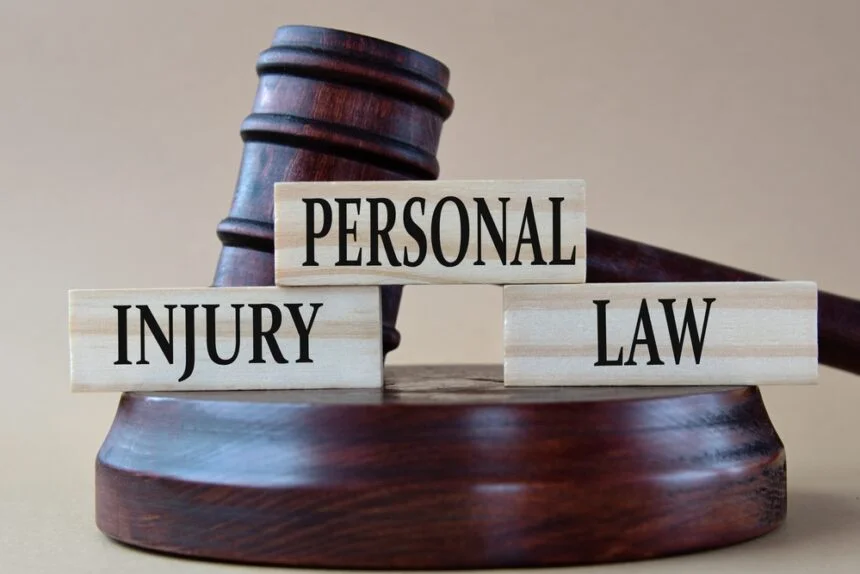How Whistleblower Protections and Rights Work

Many people avoid being whistleblowers because of the potential consequences. The path is laced with fears and uncertainties. Sometimes, the system you try to help with backfires and makes you a victim.
“However, society needs whistleblowers to protect the public from wrongdoing and hold those in power accountable. You must understand your rights and protections when you decide to be a whistleblower. This will prevent you from legal troubles,” says whistleblower attorney Bill Nettles, Attorney at Law.
This piece discusses how whistleblower protections and rights work:
Understanding Who a Whistleblower Is
A whistleblower, usually an employee, leaks details about a firm’s unethical, unlawful, or harmful practices. The organization can be private or public. Essentially, a whistleblower raises an alarm about workplace practices they deem harmful to society or the public.
A whistleblower can be called an accountability or transparency “guardian.” Every sane society needs their impact. Apart from protecting the public from harm, they also help organizations stay on their toes.
Why Individuals Become Whistleblowers
As noted earlier, becoming a whistleblower is difficult due to the possible consequences. Despite the repercussions, some still take this path for several reasons.
For instance, some witnesses blatant fraud that they cannot keep to themselves, especially when it concerns wasting taxpayers’ money. Some also become whistleblowers when they discover an organization ignoring severe safety hazards.
You can also become a whistleblower if you observe unethical practices that breach your safety protocols or pose environmental risks. You have a moral burden to expose the truth and protect others from harm. Every concerned member of society must develop a sense of justice and help to make their jurisdiction a better place.
The Two Sides to Being a Whistleblower
Whistleblowing has potential rewards. The defendant may settle with you for raising an alarm. It can also help the indicted individual or company turn a new leaf. Whistleblowing also contributes to enhanced safety regulations and the recovery of stolen funds.
Furthermore, when you make a difference through whistleblowing, it gives you unrivalled satisfaction. Several whistleblower protection programs compensate whistleblowers for their bravery. They also offer financial rewards to motivate them to keep raising an alarm.
Conversely, several personal and professional risks are involved in being a whistleblower. Your employer can subtly harass or even sack you. They can even blacklist you within the sector, making it difficult to secure another job within the industry.
The organization you expose can also damage your reputation. It can strain your relationship with them. In some scenarios, they can institute a lawsuit against you. That is why you should not whistle-blow on any person or organization without sufficient evidence.
The Place of Whistleblowers in History
History has been kind to whistleblowers due to their invaluable roles over time. They have exposed some significant scandals. Specifically, whistleblowers courageously exposed the Enron scandal, the Jeffrey Wigand tobacco issue, and Watergate.
Sherron Watkins’ courage brought financial misconduct within Enron to the public’s attention. Daniel Ellsberg’s expose revealed the truth about the Vietnam War. Jeffrey Wigand’s laudable work helped us understand the harmful effects of nicotine in cigarettes.
Despite facing threats, these people abandoned their safety for the public good. Their actions led to unimaginable changes in public awareness, corporate accountability, and policymaking.
The Process of Whistleblowing
If you have observed wrongdoing and you want to expose the brains behind it, you must be strategic to achieve the desired result. First, you must know the avenues available to expose the wrongdoing. For instance, you can raise the alarm internally and externally by informing the concerned regulatory bodies.
Furthermore, you can inform the media and the police or report to the Office of Inspector General. If you want the outcome of your case to be effective, you should not choose the easiest or most accessible route. Instead, you should consider the severity of the case, your firm’s reporting procedures, and your comfort level with the provided avenues.
How to Protect Yourself While Collating Evidence
You must carefully document everything before filing a retaliatory complaint. You can rely on emails, pictures, and account statements to gather your proof. Keep them safe because they are your most valued asset. Furthermore, it is essential to safely keep detailed records of meetings, conversations, and any incident associated with the harmful act.
Those you expose may sue you for defamation if you do not provide indisputable evidence. Your case will only gain momentum if it is supported by evidence. Maintain objectivity and separate your emotions from the entire procedure. It is also advisable to notify a lawyer.
You need someone who understands the law to guide you through the wilderness. Before filing your complaint, you need to liaise with a legal professional to satisfy all conditions.
The Legal Protections Available to You
Anytime you want to expose anyone for wrongdoing, you should be bold because you enjoy several legal protections. The Whistleblower Protection Act, the Sarbanes-Oxley Act, and the False Claims Act are significant laws that protect whistleblowers from retaliation. Thus, you can boldly blow the whistle when you understand these legal protections.
You can allow a lawyer to interpret the laws so you know how ideal to use them. You must also understand how your jurisdiction’s statute of limitations works to prevent you from filing a time-barred complaint.
You can also consider some industry-specific protections for whistleblowers. When you are well-equipped, you can sail without sinking.
Protecting Your Mental Health and Emotions
While we have extensively discussed the legal implications of whistleblowing, we must not neglect the emotional aspect. Whistleblowing can stress you and make you anxious. Some will even avoid you like the plague.
Before embarking on this journey, surround yourself with friends who can support you emotionally when the journey gets tough. You can also access the provided resources to manage stress and anxiety.
You must never downplay your well-being. If you speak out, there are willing hands to help you. So, you should not go through the entire process alone. Being lonely will worsen your emotional suffering.
Final Words
The path of a whistleblower has many thorns. To take this route, you must ask yourself some hard questions. However, you must not run from this noble role because whistleblowers are the conscience of society.
When you follow the guidelines in this piece and engage a reputable local attorney, you have distinguished yourself for success.






